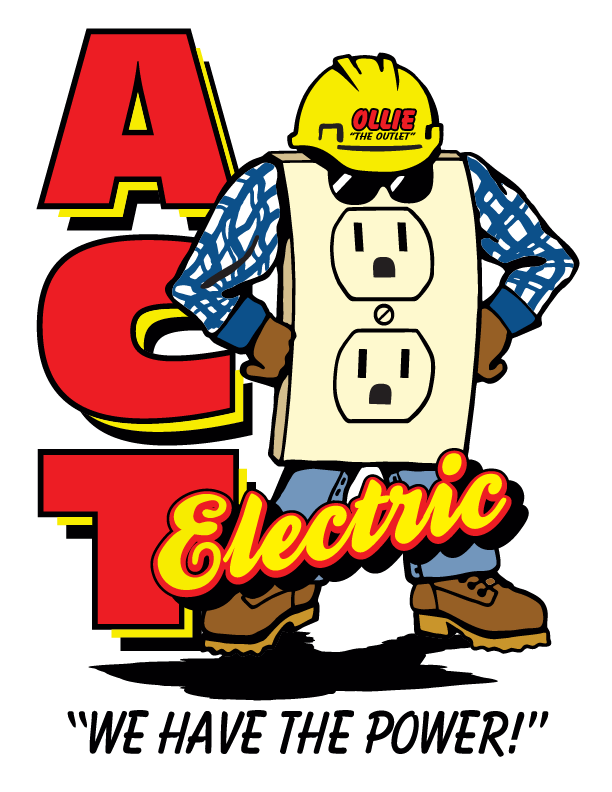Ways a Consumer Can Save Money on Their Power Bill
Last month, Arizona power company APS was granted a $95 million rate hike, which would take the form of higher rates for users, to the tune of about $6 per customer per month.
Phoenicians are grateful to have electrical power at their fingertips but don’t really want to have to pay more money for it. So, we’re going to offer some ways to cut energy costs without making life less comfortable.
For the consumer, the ability to lower electrical costs can come in the form of taking advantage of advances in electrical technology, appliance upgrades, and personal electrical use reductions.
Technology
The biggest energy consumer in a home is the HVAC unit. At an average of 15k watts, this is the one that will plump up the electric bill. But, a programmable thermostat, set to 10 degrees higher for 8 hours per day can save 10% on the electric bill according to the Dept of Energy.
Lights can be programmed to go on and off at certain times, can be motion-activated, and can be replaced with more economical LED lights.
Appliance upgrades
A refrigerator is easily the most expensive appliance in the kitchen since it’s running 24/7. An Energy Star model is an excellent option. Also, the trend is moving toward people buying smaller refrigerators. It's best to pick something that will cover the family needs for at least ten years (although we can’t guarantee it won’t last longer if you take care of it!)
For families who are not in the market for a new refrigerator, it might be better to shrink its consumption as much as possible.
Keep the coils clean, the top cleared, and the seal around the doors in good working order. Don’t put hot food in it or let it sit somewhere hot (a garage or the back porch, for example), because it has to work harder. If you go away on vacation, consider filling it with gallon jugs of water because, yes, it’s meant to work full.
Personal electrical use reductions
Consider turning your hot water heater down to the lowest setting. This is not without controversy, since the World Health Organization says that Legionella (which causes Legionnaires disease) can survive (but not multiply) in temperatures between 118-122 degrees F. Since there were only 91 cases of Legionella infection suspected or confirmed in Arizona in 2015, the individual homeowner will have to decide if the risk of scalding is more likely as a result of their plumbing design.
Homeowners who wash their clothes in warm or hot water should ask themselves if the water really needs to be that warm. It may be possible to wash many or all of them in cold water or forego the second rinse if hot or warm water is necessary. (We’re looking at the new moms.)
Adding ceiling fans to the rooms where the family spends time is also a great option as a ceiling fan will make a room feel much cooler. In the winter, wearing warmer clothes instead of keeping the heat lower might be an option, depending on the individual family members and their needs.
If you have questions or suspicions that you aren't getting the most out of your electrical usage, a qualified electrician can make an assessment and provide ways to get the most out of your utility bill dollar. Give us a call; we'll be happy to help!
ACT Electric is a full-service residential and commercial electrical contractor company specializing in electrical installation, repairs, and upgrades, electrical troubleshooting, electrical remodeling, electrical home inspection, and electrical retrofitting. We always prioritize customer comfort and safety. Give us a call at (480) 986-1722 today!



